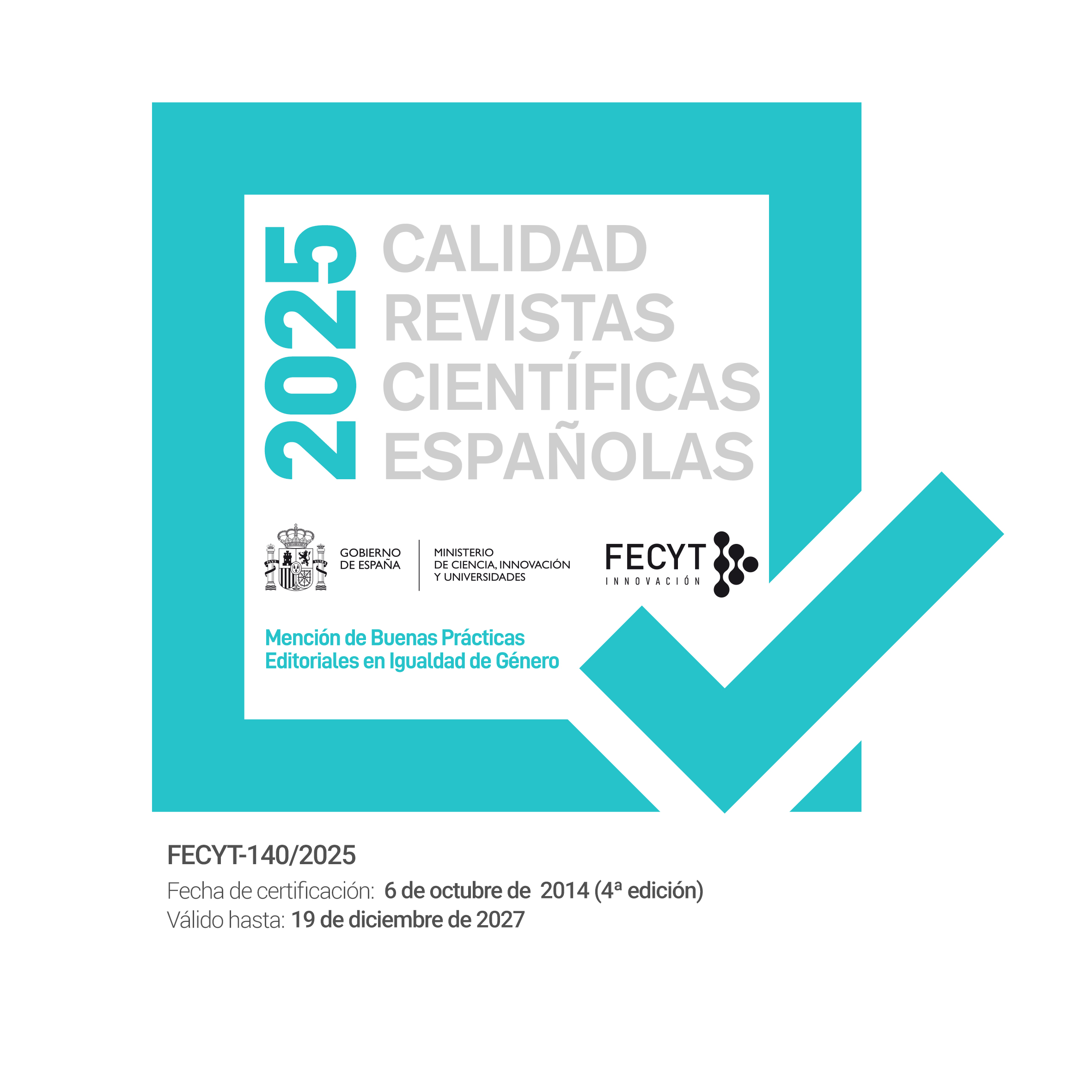ATTITUDES AND CULTURAL STEREOTYPES OF FUTURE TEACHERS TOWARDS IMMIGRANT STUDENTS IN SPAIN
DOI:
https://doi.org/10.5944/educxx1.17491Palabras clave:
Ethnic stereotypes, social attitudes, migrant education, preservice teachers, Inclusive education.Resumen
The purpose of this study is to find the predominant attitudes and cultural stereotypes towards immigrants in Spain among future teachers, and the sources of information that influence them the most. The mental associations caused by the words foreigner and immigrant, and the ranking of the immigrant nationalities —according to positive or negative attitudes towards them— are studied. In order to do this, stereotype functions are explained and an opinion survey of 151 students of the Primary Education degree at the University of Granada is analyzed. The research instrument is a 41 —item questionnaire with closed— and open-ended questions and it combines dichotomous and open questions with Likert scale questions. Data analysis was done with the SPSS 17.0 statistics software (Statistical Product and Service Solutions). The variables were subjected to descriptive analysis to obtain the frequency and percentages of the answers. We used inferential analysis to study the relationships between qualitative variables.Considering that stereotypes and prejudices hamper coexistence and are consolidated through a lack of intergroup contact —and therefore through a lack of knowledge of the Other— it becomes important to support these contacts in attitudes and cultural stereotypes of future teachers towards...
the educational sphere to improve attitudes towards immigrants and reduce xenophobia.
The word immigrant is associated in the first place with poverty, need and an illegal stay. The word foreigner is attributed to a person with money who resides legally in Spain for pleasure.
The authors consider that the results of this study will be useful in diagnosing the current situation and later designing pedagogical interventions directed at increasing the acceptance of inclusive education principles among future teachers.
This study is part of an I+D project, titled “The training of teachers of Spanish for immigrants in different educational contexts” (code EDU2013-43868-P).
Descargas
Citas
Barrios, M. E. & Morales, L. (2012). Apoyo lingüístico inclusivo a alumnado no hispanohablante y aprendizaje de competencias curriculares en Educación Primaria. Porta Linguarum, 17, 203-221.
Briones, E., Tabernero, C. y Arenas, A. (2011). Satisfacción de adolescentes autóctonos e inmigrantes con el país de residencia. Influencia de variables psicosociales relativas al contacto intergrupal. Cultura y Educación, 23(3), 341-354. doi:
1174/113564011797330315
Checa, C. J. y Arjona, A. (2011). Españoles ante la inmigración: El papel de los medios de comunicación. Comunicar, 37, 141-149. doi: 10.3916/C37-2011-03-06
García, A. y Saura, J. (2008). Estudio de las consecuencias de la diversidad cultural en espacios de encuentro pluricultural.
RESLA (Revista Española deLingüística Aplicada), 21, 71-84.
Instituto de Formación de Profesorado, Investigación e Innovación Educativa (IFIIE) (2012). Evolución y situación
actual de la presencia del alumnado extranjero en el sistema educativo español (2000-2011).
Instituto Nacional de Estadística (2012). Cifras oficiales de población resultantes de la revisión del Padrón municipal a 1
de enero de 2010. Retrieved from http://goo.gl/Zk6Iv
Llorent, V. (2012). The Educational Role of the Digital Media in the Integration of Immigrants in Spain: elmundo.es
and elpais.com. Comunicar, 38, 139-146. doi: 10.3916/C38-2012-03-05
Níkleva, D. G. (2012). Educación para la convivencia intercultural. Árbor, 188(757), 991-999. doi: 10.3989/arbor.2012.757n5013
Sangrador, J. L. (1981). Estereotipos de las nacionalidades y regiones de España. Madrid: Centro de Investigaciones
Sociológicas.
Serradell, O. y Munté, A. (2010). Dialogicidad y poder en el discurso racista y antirracista. Revista Signos, 43 (suppl. 2), 343-362. doi: 10.4067/S0718-09342010000400006.
Todd, E. (1996). El destino de los inmigrantes. Barcelona: Tusquets.
Todorov, T. (2007). Nosotros y los otros. Reflexión sobre la diversidad humana. Madrid: Siglo Veintiuno Editores.
Descargas
Cómo citar
Número
Sección
Licencia
La revista Educación XX1 se publica bajo licencia Creative Commons Reconocimiento-NoComerciaL 4.0 (CC BY-NC 4.0). Se permite la generación de obras derivadas siempre que no se haga un uso comercial. Tampoco se puede utilizar la obra original con finalidades comerciales.










